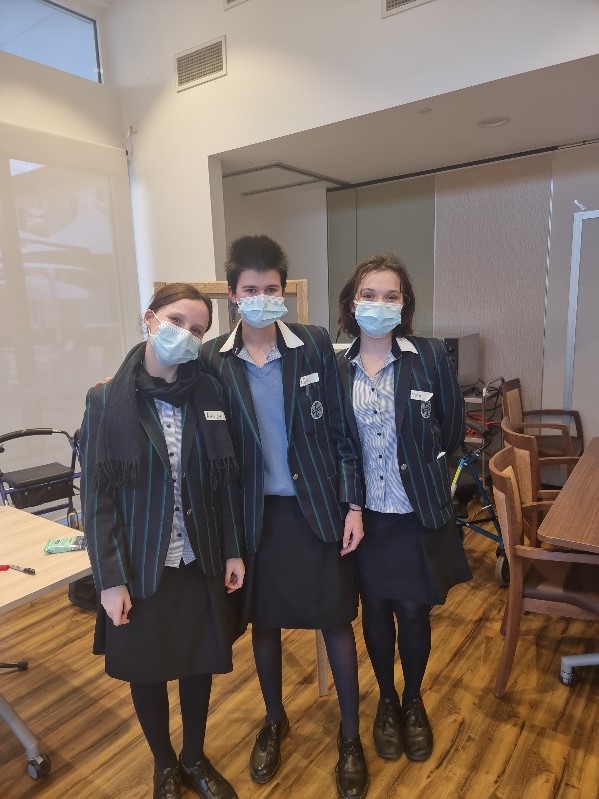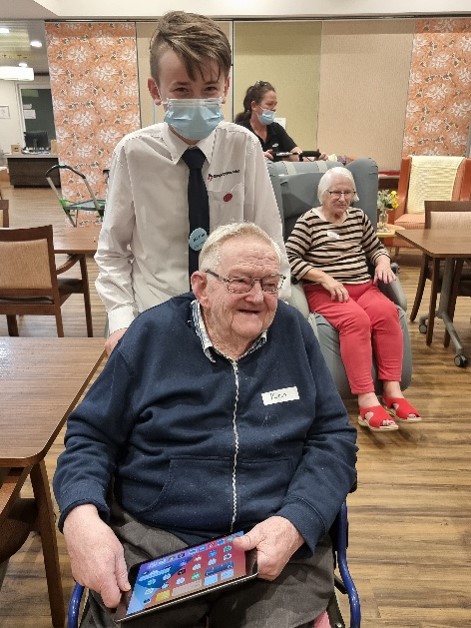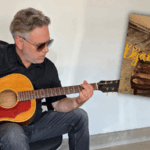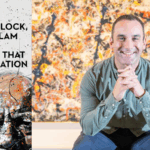Learning about the importance of grass roots community development and engaging in community service can be a transformative experience for our younger generation. At a young age, students are exposed to the needs of their community and the importance of giving back. This not only helps students develop a sense of empathy and compassion, but also instils in them a sense of responsibility towards their community.
Schools can play a vital role in facilitating this process, by providing opportunities for community service and development, schools can help students develop a deeper understanding for the issues facing their community and the ways in which they can contribute towards positive change. Through volunteering in community-based projects, students can learn valuable skills and gain a sense of accomplishment from making a positive impact in their community, not to mention the relationships built and leadership skills gained. Civic responsibility is a pillar of our communities and the Intergenerational Project between Wontama Residential and Kinross Wolaroi in Orange is a beautiful example of this.
Intergenerational projects have been a gaining popularity in recent years as a means of connecting people of different ages and backgrounds. One such project is the collaboration between residents at Wontama Seniors Residential Home and Kinross Wolaroi Grade 11 students in Orange. The project aims to foster connections between the Senior residents and the students, with the hope of reducing social isolation and loneliness amongst the residents. The first activity implemented was a Trivia through the Ages game, with questions spanning different decades and generations the residents and students worked together to answer the questions, providing an opportunity for them to share their knowledge and experiences.

The benefits of intergenerational connections are many. By connecting with younger generations, the Seniors feel more engaged and valued, which can lead to improved mental and physical health outcomes. This was evident in the Trivia activity with vibrant, lengthy conversations taking place between residents and the students, with residents displaying enthusiasm and energy in the interactions.
For the students, intergenerational projects provide an opportunity to learn from the experiences and wisdom of their Seniors. They can gain a better understanding of history and culture and develop empathy and respect for people of different generations.
Beyond the benefits for the participants, intergenerational projects can also have wider societal benefits. They can help to break down stereotypes and ageism and promote a more inclusive and cohesive society.
However, there are also challenges to intergenerational projects, one of which is finding ways to bring people of different ages together in meaningful and engaging ways. It can also be difficult to ensure that the projects are accessible and inclusive to all participants, regardless of their physical or cognitive abilities. Students were very mindful of this in their project planning phase and implemented ways to mitigate these risks.
Despite these challenges, the collaboration between residents at Wontama and Kinross Wolaroi students is off to a great start. The enthusiasm and energy of both groups have been evident, and the project has already generated ideas for additional activities including French language lessons, a community garden, and music collaborations.
As we age, social isolation and loneliness can become significant issues, particularly for those living in residential care facilities, Intergenerational projects area a promising solution to these challenges, providing opportunities for meaningful connections and engagement between people of different generations.
Corrina Coates is a Church and Community Engagement Leader in Uniting












